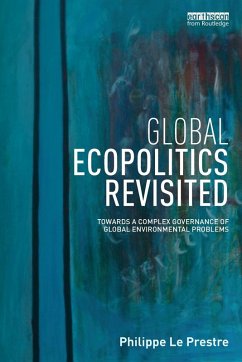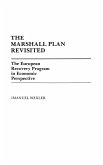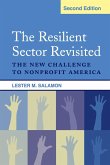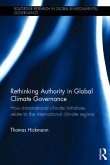Faced with worsening environmental indicators, cooperation hurdles, and the limited effectiveness of current institutions, reforming international environmental governance has proven elusive, despite various diplomatic initiatives at the United Nations level over the last two decades. Overcoming the current dead end, however, may rest less in devising new arrangements than in challenging how the problem has been approached. Presenting a multifaceted exploration of some of the key issues and questions in global ecopolitics, this book brings together recent advances in research on global environmental governance in order to identify new avenues of inquiry and action. Each chapter questions elements of the current wisdom and covers a topic that lies at the heart of global environmental governance, including the reasons for engagement, the evolving relationship between science and policy, the potential and limits of the European Union as a key actor, the role of developing and emergent countries, and the contours of a complex governance of international environmental issues. Laying the foundation for rethinking at a time of great transformation in global ecopolitics, this book will be important reading for students of environmental politics and governance. It will also be of relevance to policy makers with an interest in going beyond the prevailing discourse on this crucial topic.
Hinweis: Dieser Artikel kann nur an eine deutsche Lieferadresse ausgeliefert werden.
Hinweis: Dieser Artikel kann nur an eine deutsche Lieferadresse ausgeliefert werden.








